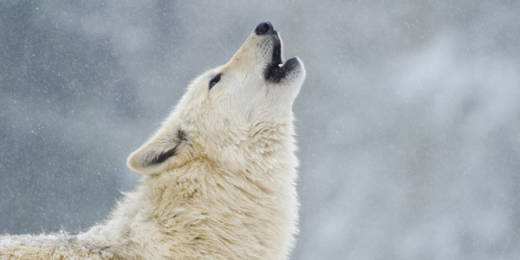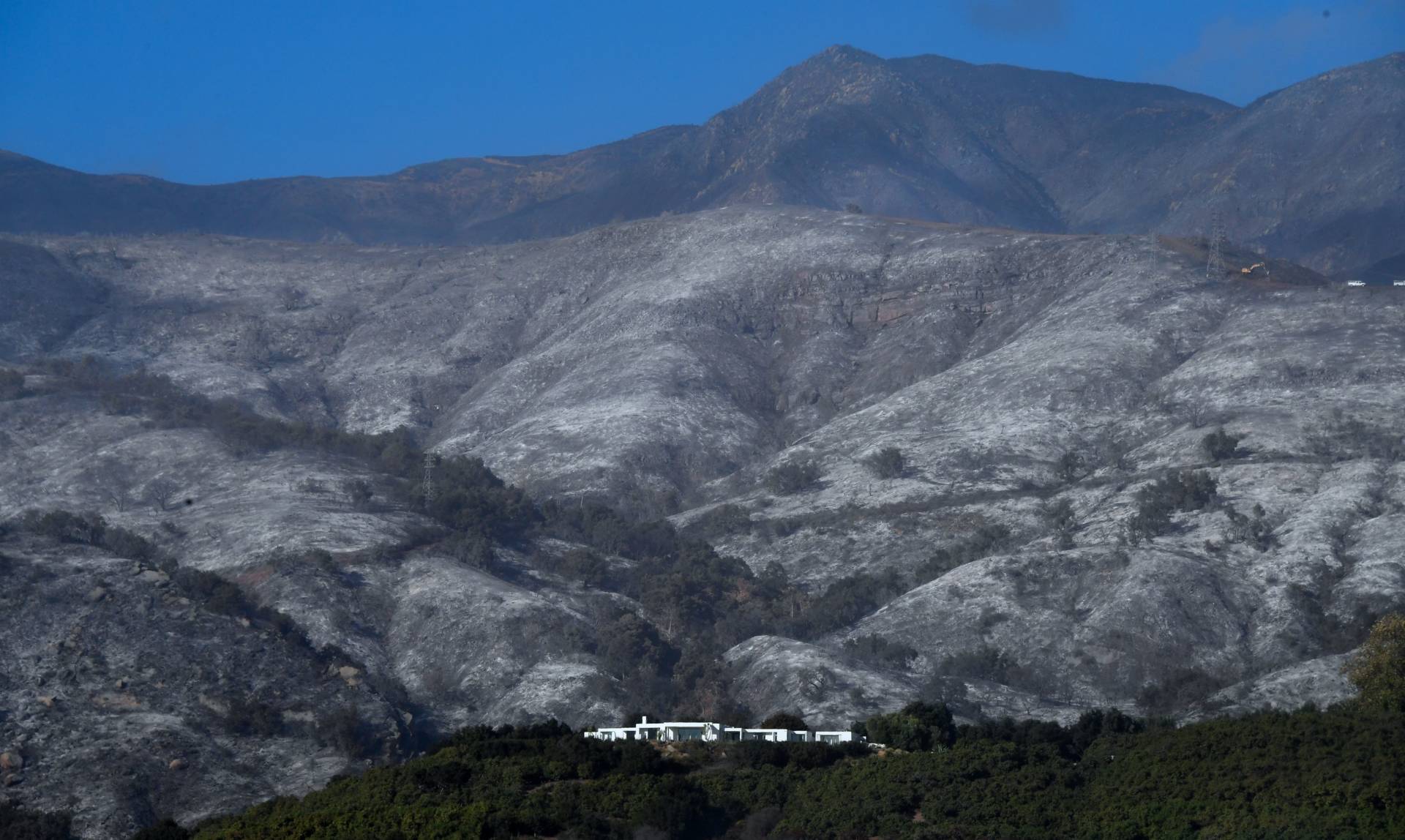“QUEST’s new episodes explore the complex tapestry of biodiversity in America, the essential roles that humans, animals and plants are playing in efforts to slow climate change, and the remarkable innovations being pioneered by scientists and engineers to secure a sustainable future,” says Jason Black, QUEST’s executive producer.
QUEST’s new, four half-hour television episodes hosted by Simran Sethi are:
• Inventing the Future: Bikes, Bugs and Fashionistas (April 2) – Go behind the scenes with a North Carolina inventor building sun-powered “carcycles;” meet an Ohio engineer transforming flies into fishmeal; and visit a Nebraska textile engineer converting corn husks into fashion.
• Keeping it Cool: Sea Otters, New Cars and Old Forests (April 9) – Meet biologists in Washington state exploring the surprising connection between sea otters and climate change; take a test drive in San Francisco with new hydrogen-powered cars that only emit water vapor; and find out how scientists in Wisconsin are working to build a more resilient forest.
• Back to the Wild: Wolves, Seeds and Snapshots (April 16) – Discover why wolves and other feared predators in Washington state are an essential part of the ecosystem; find out how saving seeds in the Midwest is preserving food diversity; and meet a Great Plains photographer documenting the wild nature of our iconic landscapes.
• Reawakening Extinct Species (April 23) – New genetic technologies are making it possible for scientists to try to bring back extinct species. Meet researcher Ben Novak at the University of California, Santa Cruz, who is working to revive the passenger pigeon, once the most abundant bird in the world, and Harvard Medical School’s George Church, who is trying to engineer a woolly mammoth. It may be possible, but is it right to turn back the clock?
Multimedia Series
In addition to featuring its television episodes online, QUESTScience.org, features Web videos and articles, radio reports, education assets and resources, links to community partners and opportunities for engagement through QUEST Science’s social media presence on Facebook, Google+ and Twitter.
Of note, QUEST is producing the following new online videos with host Simran Sethi expanding on biodiversity topics covered in the “Wolves, Seeds and Snapshots” episode:
•Environmental Awareness Through Art (April 11) – Meet an artist who turns staggering statistics into powerful works of art that illuminate the impact of human behavior on the environment.
•The Seed Vault (April 25) – Discover a group of scientists working to guarantee crop diversity by storing seeds in a fail-safe vault on a tiny island between Norway and the North Pole.
About QUEST
QUEST is an Emmy-award winning multimedia science series originally created and launched by KQED in San Francisco in 2007. In September of 2012, QUEST received a prestigious grant of $2.5 million from the National Science Foundation to focus storytelling around sustainability science, and to expand its multimedia science reporting model to five additional public media partner stations across the country. The grant covers production, education resources and community engagement from 2012-2014.
Since its inception, QUEST has reached more than 60 million viewers and listeners through its traditional television and radio broadcasts, its growing Web audience, educator training and community outreach. QUEST continues to experience strong growth in viewership both in traditional broadcast and online with more than 1.5 million viewers from October 2013 - January 2014.
Of note, QUEST’s half-hour special, "Reawakening Extinct Species," was produced with additional funding for KQED Science from The Follis Family Fund; Mary Van Voorhees Fund; S. D. Bechtel, Jr. Foundation; The Dirk and Charlene Kabcenell Foundation; The Vadasz Family Foundation; and the members of KQED.
Partner Stations
QUEST is a co-production of the following six public media stations: QUEST Nebraska (NET, Nebraska), QUEST North Carolina (UNC-TV, North Carolina), QUEST Northern California (KQED, San Francisco), QUEST Northwest (KCTS 9, Seattle), QUEST Ohio (WVIZ, WCPN, Ideastream, Cleveland) and QUEST Wisconsin (WPR, WPT, WI Media Lab, ICS, Wisconsin).
Producers
QUEST’s management team is housed at KQED and includes: Jason Black, executive producer; Lisa Landers, managing editor; Adrienne Calo, lead coordinating producer; Lucy Laffitte, Ph.D., education manager; Amy Miller, television series producer; and Mike Kahn, social media producer. Find out more about QUEST’s partner stations and producers here.
About KQED
KQED serves the people of Northern California with a public-supported alternative to commercial media. Home to one of the most listened-to public radio stations in the nation, one of the highest-rated public television services and an award-winning education program, and as a leader and innovator in interactive technology, KQED takes people of all ages on journeys of exploration — exposing them to new people, places and ideas.

